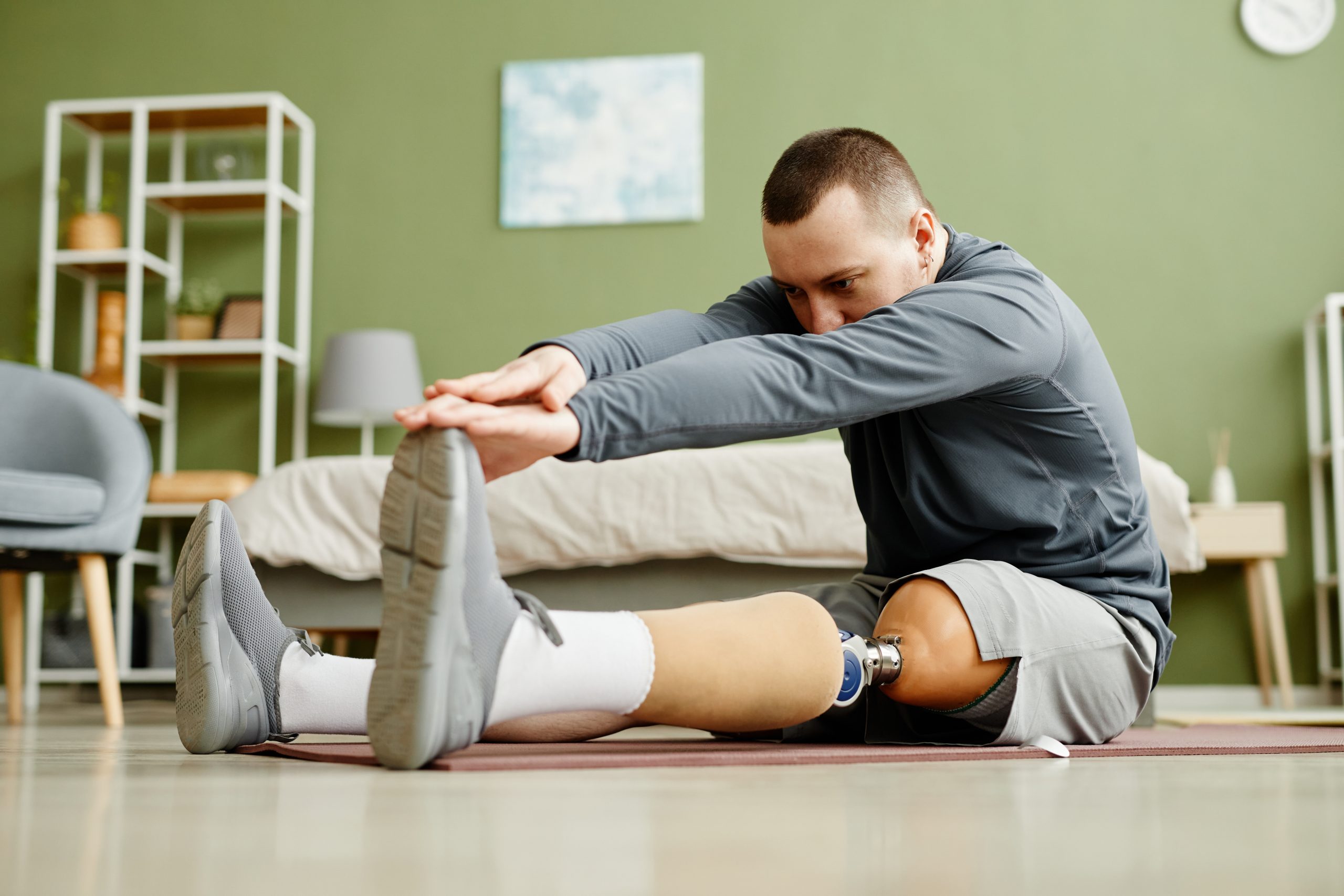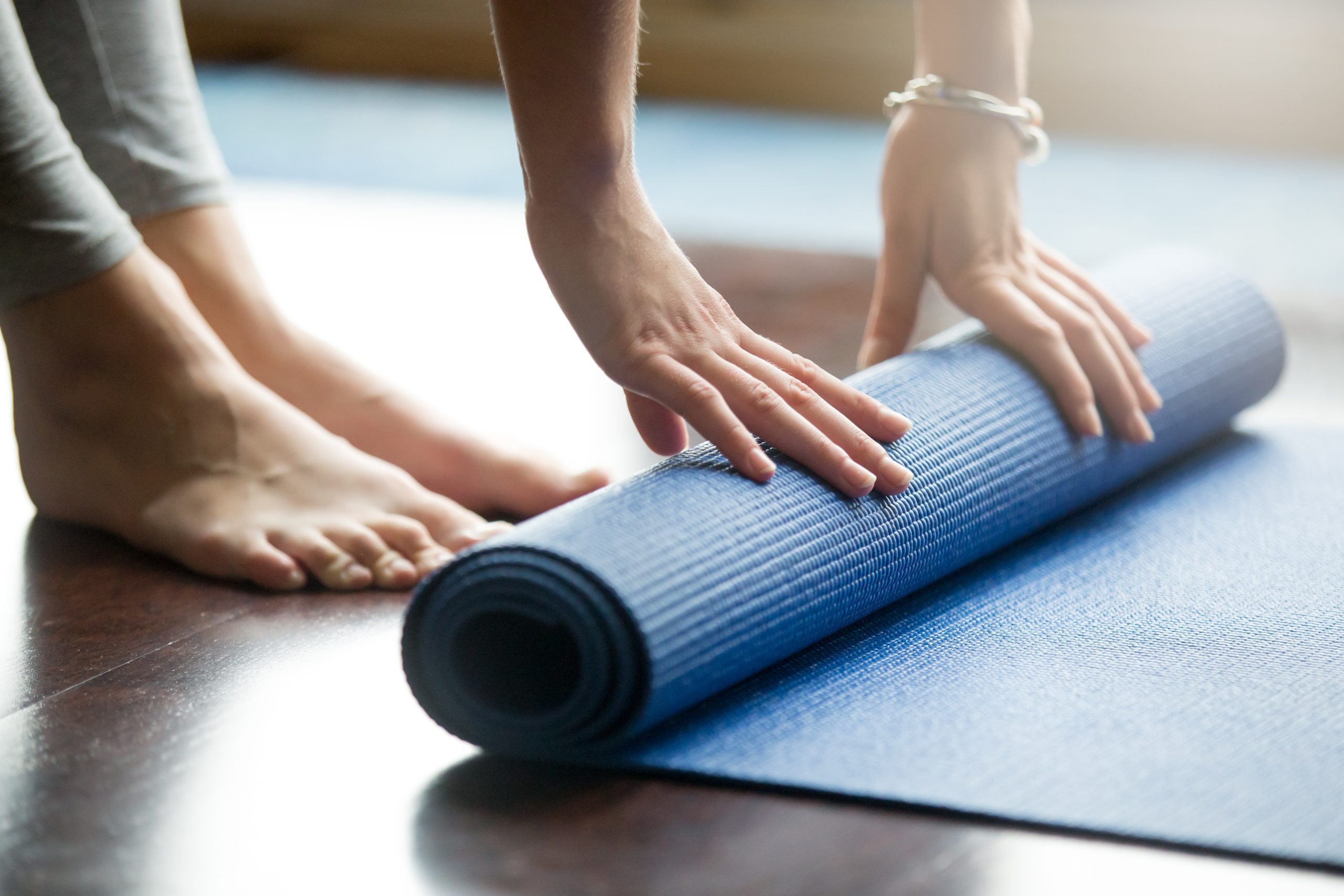Additional support at home
The Priority Services Register (PSR) is a free service, designed to support those who need a little extra help in the event of interruptions to their gas, water or electricity supply.
If you or someone you know has extra communication, access or safety needs, signing up to the PSR will help you to access the best possible services at all times and to feel safe and independent at home.

















